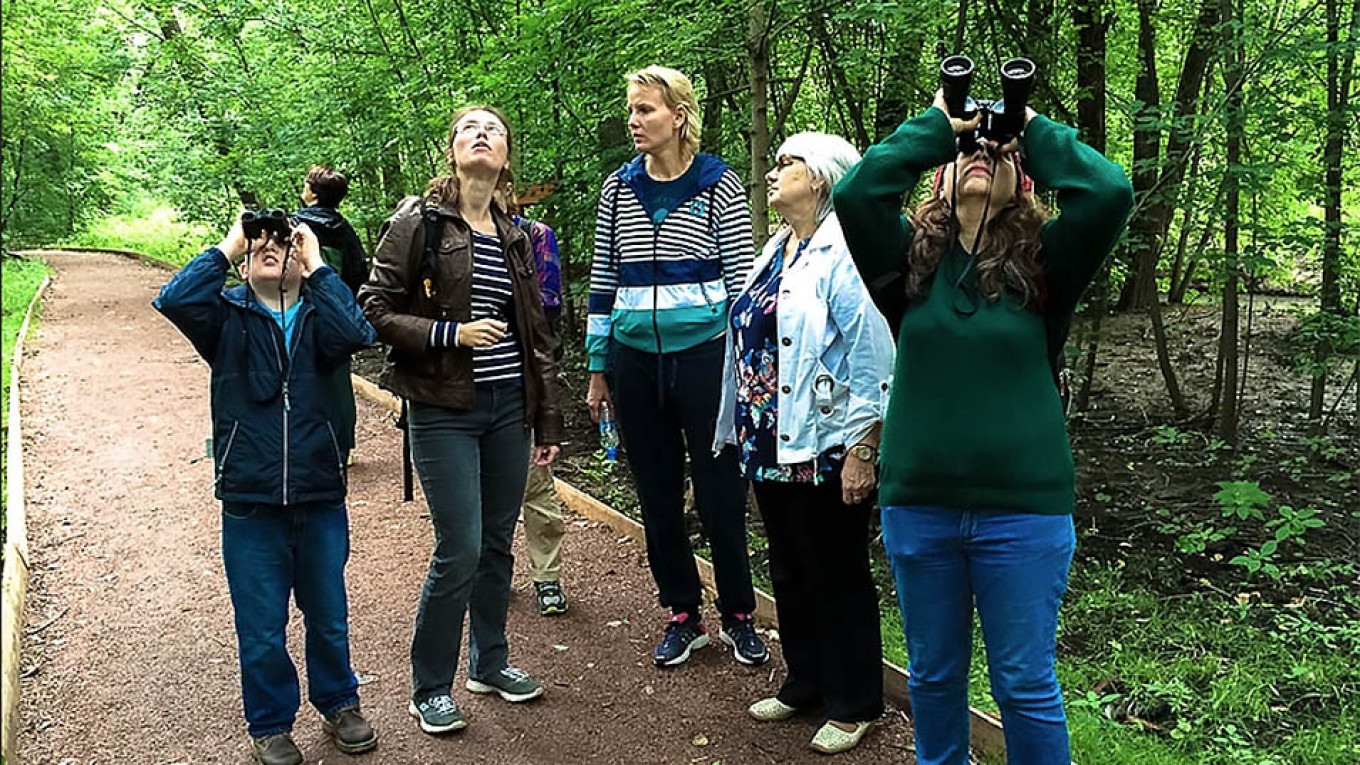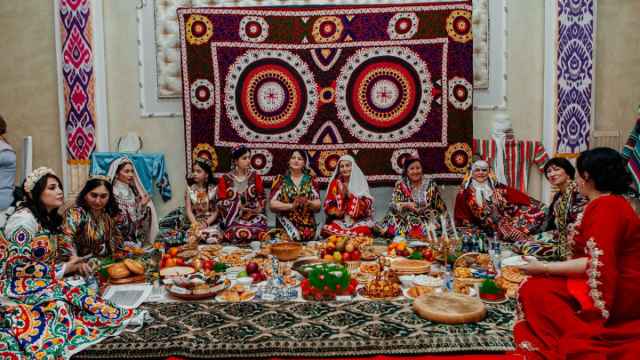From yoga to pho to escape rooms, Moscow has gone through more than its fair share of fads in the past couple of decades. While predicting what the next wave will be is like trying to guess which of your aunt’s cat videos is going to go viral on YouTube, one sleeper contender for Moscow’s new big thing is a surprise: birdwatching.
The hobby is still in its infancy stages in Russia, and Russians had to import a new word from English to describe it. Saying that you're interested in byordvotching still will draw confused looks from the uninitiated, but unlike in the West, interest is growing, and young people seem to be leading the charge.
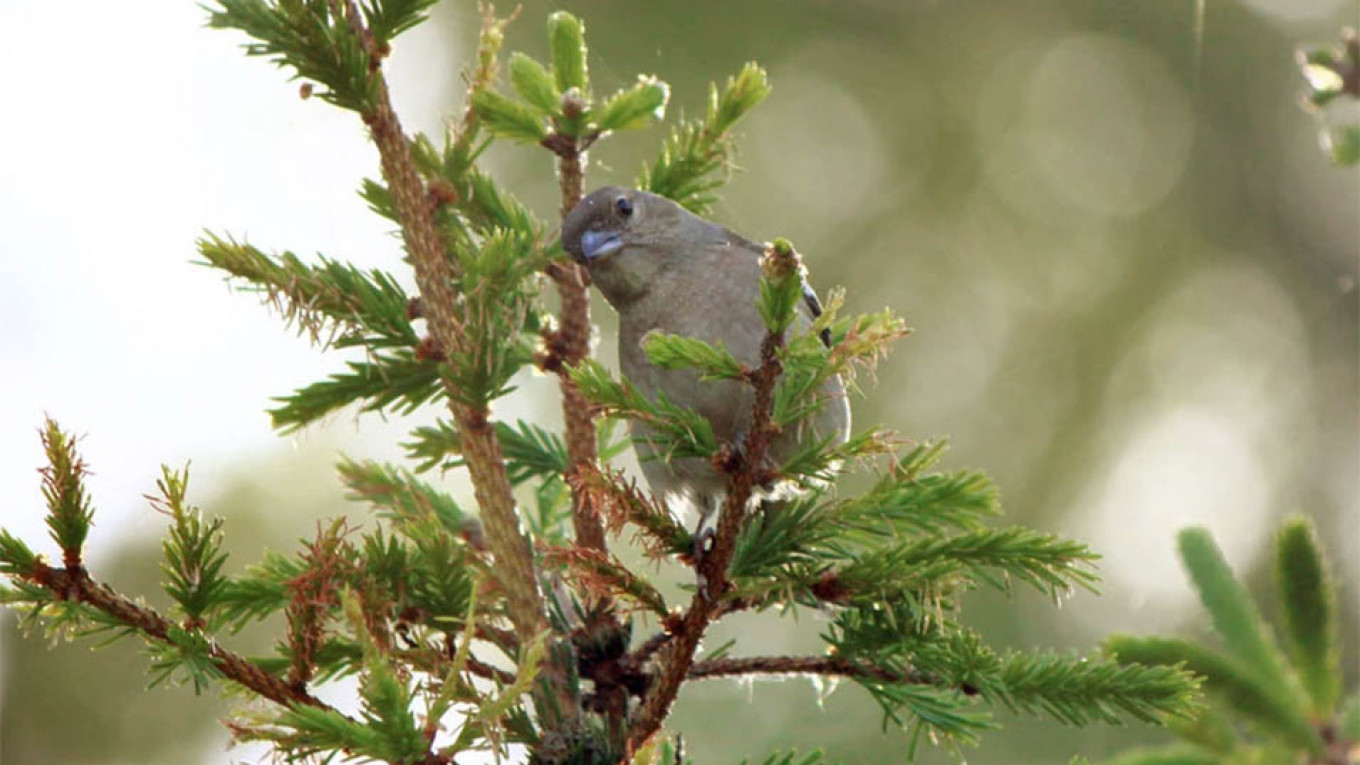
Moscow gets a club
One of the city’s leading organizations is Birdwatching Moscow, founded and run by Veronika Samotskaya, 30, who handily fits the demographic of Moscow’s new clutch of birdwatchers. The organization, now in its sixth year, is a youngster compared to, say, Cambridge, Massachusets’ Nuttall Ornithological Club (founded in 1873), and so are many of the members. “In Russia,” Samotskaya explained, “the birdwatching community is just beginning to form. In Europe and America, this happened a long time ago. In Holland, for example, there are a lot of birdwatchers, but they are all old! Here, it’s the other way around. It’s young people from 20 to 30 years old.”
Many of the city’s newer birdwatchers got into the hobby through Birdwatching Moscow. The organization regularly leads excursions to Moscow’s parks, where many are introduced to birdwatching for the first time. “The people who come,” Samotskaya explained, “know that there are sparrows and crows. You show them a thrush and they are like, ‘Whoa!’”
Unlike slurping pho, birdwatching is something best done with other enthusiasts. Many cities in Europe and North America have large communities of birdwatchers with weekly outings, online forums, revered experts, and branded calendars. Birders share good birding spots, sightings and knowledge. When Manhattan Bird Alert tweets that there is a western flycatcher in Central Park, in a few hours half of New York’s birders are there with their binoculars. Moscow’s birdwatchers don’t have the luxury of such a highly developed network.
The absence of a stable, long-established community in Moscow can make it tricky for newcomers to pick up the hobby. “I often hear from people who come to me that they’re interested in birds,” Samotskaya said, “but they don’t know where to go with that interest, they don’t have anyone to share that with.” Anna Agafonova, for example, had long harbored an interest in the avian world, but didn’t know how to find other people with her passion. “To be honest, I didn’t even know it was called birdwatching,” she told The Moscow Times. “When I was looking for excursions or groups, I always typed in ‘ornithological excursions.’ For a long time I couldn’t find anything.”
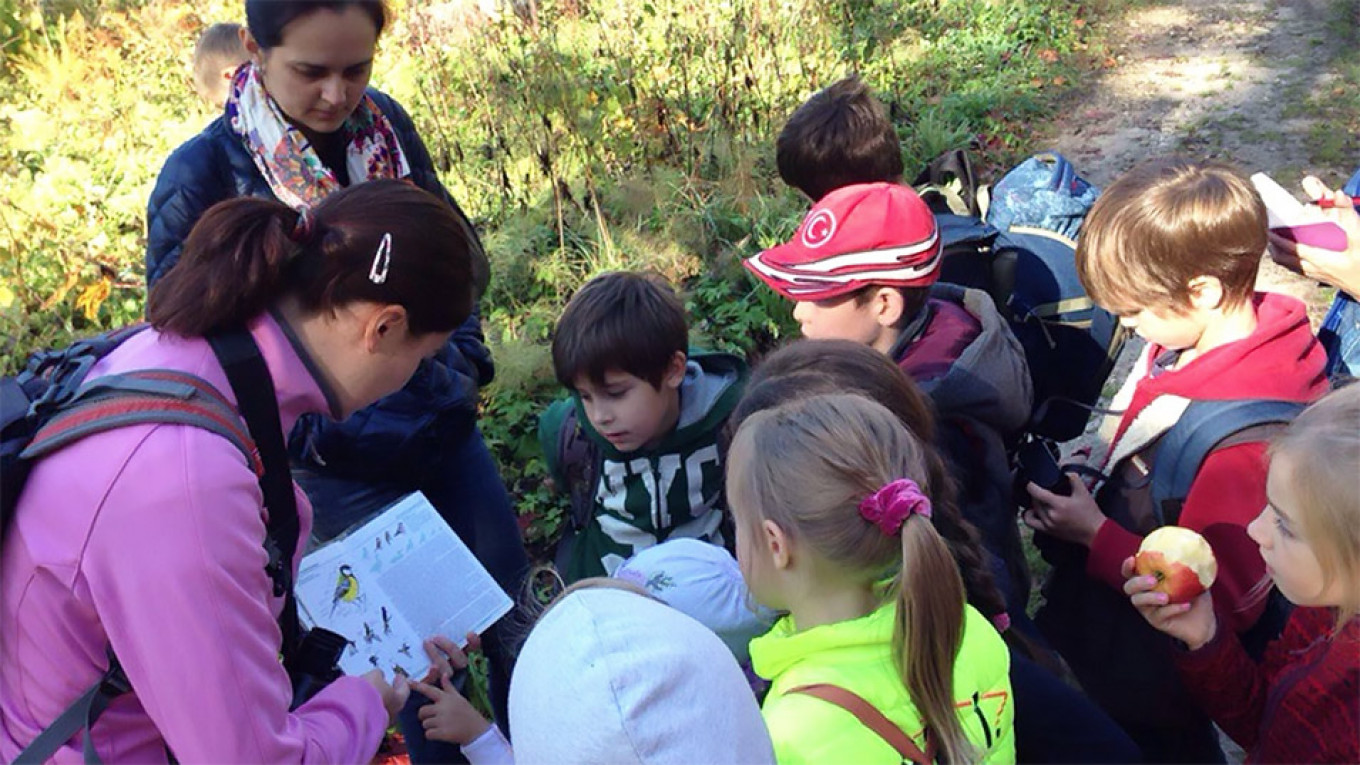
School for spotters
Samotskaya was attending an ornithological conference when she learned about a program called Bird ID. It consists of a three-month intensive course in identifying birds, at the end of which students receive a diploma from Nord University in Norway. The program already had partners in a number of European countries, and Samotskaya reached out to the university to find a way to bring the program to Moscow. The Norwegians helped her to set up the course and even funded it. “People who couldn’t pay for the course could come and study for three months for free and become bird specialists,” Samotskaya said.
Last spring, Agafonova accidentally stumbled upon the program, already in its third year, on the Russian version of Facebook, Vkontakte. The funding from the Norwegian university had ended, but neither this, nor the intensity of the program, deterred her. For three months, rain or shine, she woke up every Saturday at three in the morning to go to the woods and identify birds. “Five to six in the morning is the best time to watch birds,” she explained. “You go into the woods and it’s just filled with birdsong. It’s like a chorus. So we had to wake up early.” She found the program to be the best way to learn about birds. “It’s really hard to learn by yourself,” she said. “I was listening to recordings, looking at a field guides, but then you go into the field and you don’t understand anything. If you start learning from the internet then your kind of stuck with the internet on your computer, but nature is outside.”
Samotskaya also considers the program a big success. “Three of the people from the first year came back to lead the course during the second year,” she said. “Many volunteer. Many said that the course changed their lives. Some insurance agent comes to you, and he says ‘Wow, how bright the world is! It’s not just offices and printers.’”
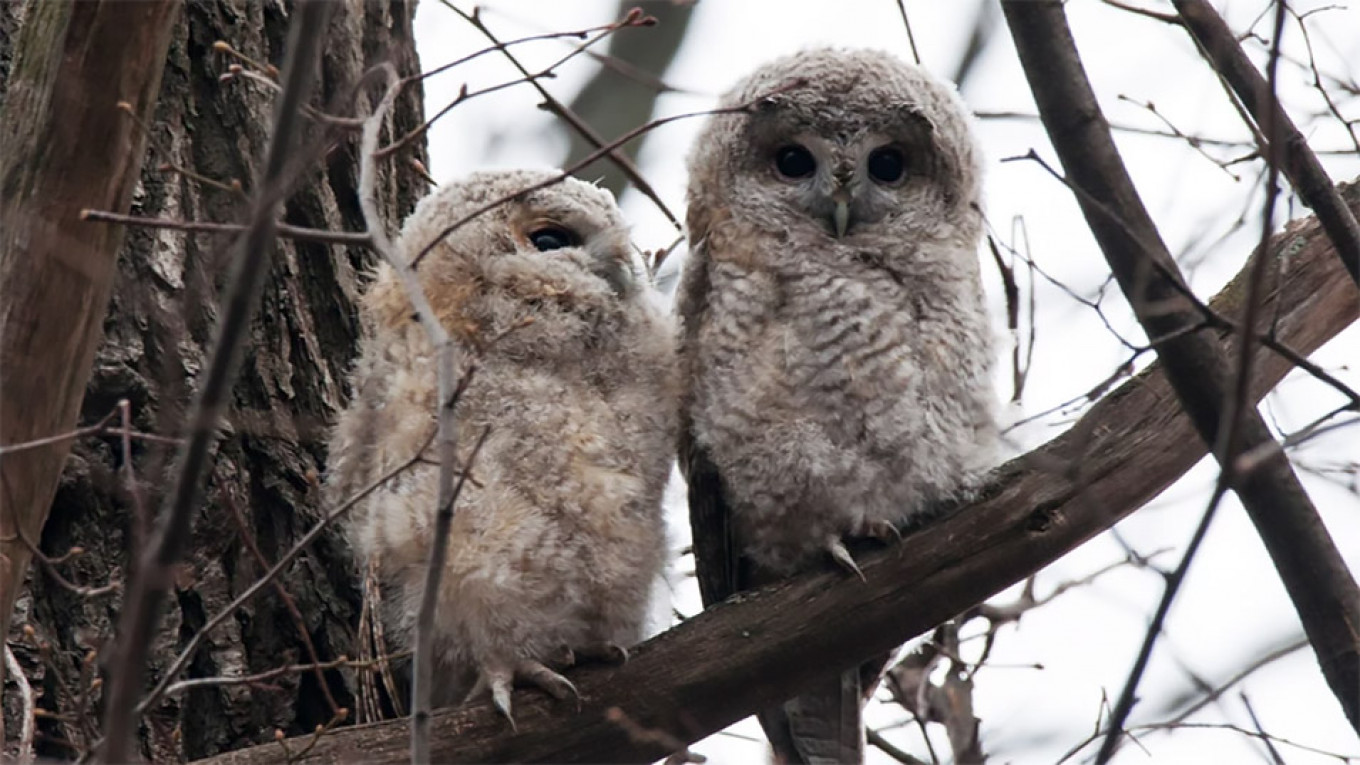
Mainstream or underground?
In no small part due to the efforts of Birdwatching Moscow and Samotskaya, birdwatching is gaining popularity in the Russian capital. “Five years ago,” Samotskya remembers, “when people would see you with binoculars, it would be really strange. Often you’d be walking with your binoculars and some policeman would approach and begin asking questions. Now it’s become normal enough, at least in Moscow. You’re walking with your binoculars, and some grannies whisper to each other that ‘oh there are some birdwatchers.’” Perhaps, like in the case of the Audubon Society in North America, this will be a driver of environmental activism and awareness.
But not everyone thinks that would be a good thing. “I don’t want birdwatching to be fashionable,” Agafonova said. “These fashionable people have exhausted a lot of interests already in search of something original, and soon they’ll start getting into birdwatching. But it’s harder than buying natural products or drinking water eight times a day.”
A Message from The Moscow Times:
Dear readers,
We are facing unprecedented challenges. Russia's Prosecutor General's Office has designated The Moscow Times as an "undesirable" organization, criminalizing our work and putting our staff at risk of prosecution. This follows our earlier unjust labeling as a "foreign agent."
These actions are direct attempts to silence independent journalism in Russia. The authorities claim our work "discredits the decisions of the Russian leadership." We see things differently: we strive to provide accurate, unbiased reporting on Russia.
We, the journalists of The Moscow Times, refuse to be silenced. But to continue our work, we need your help.
Your support, no matter how small, makes a world of difference. If you can, please support us monthly starting from just $2. It's quick to set up, and every contribution makes a significant impact.
By supporting The Moscow Times, you're defending open, independent journalism in the face of repression. Thank you for standing with us.
Remind me later.


